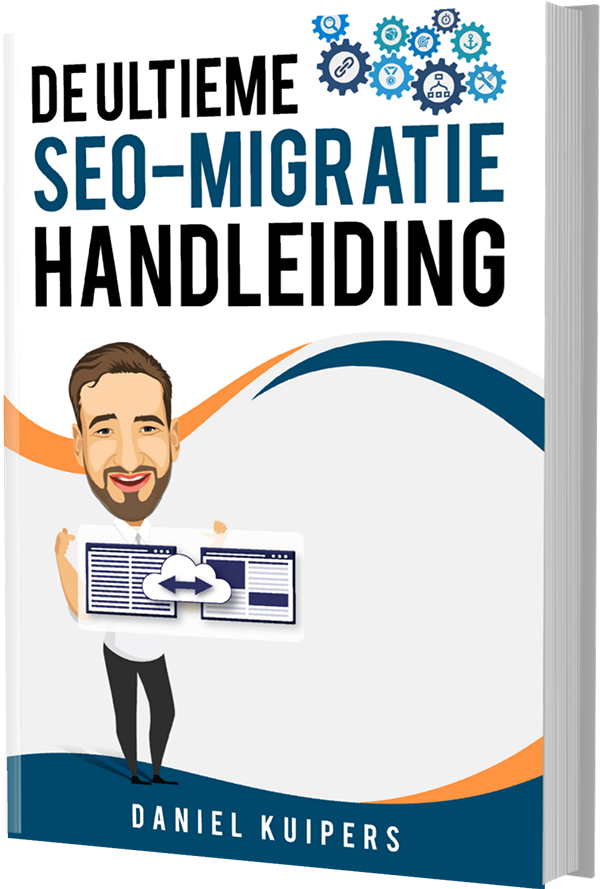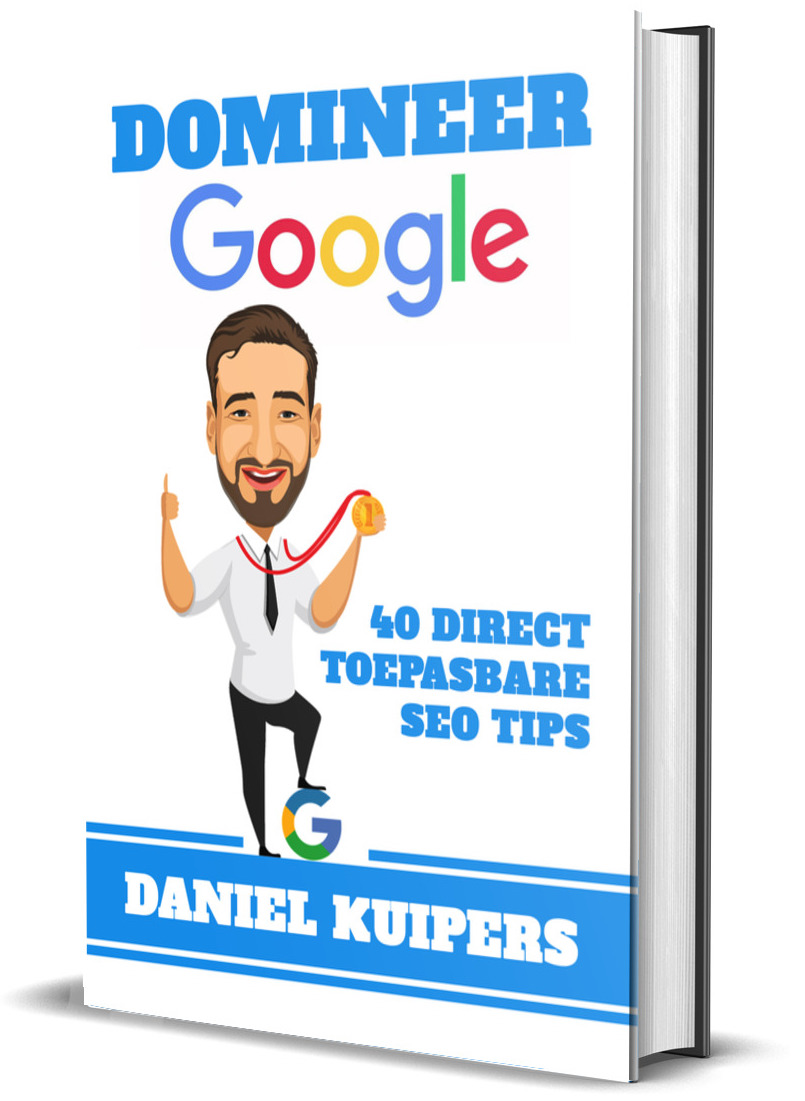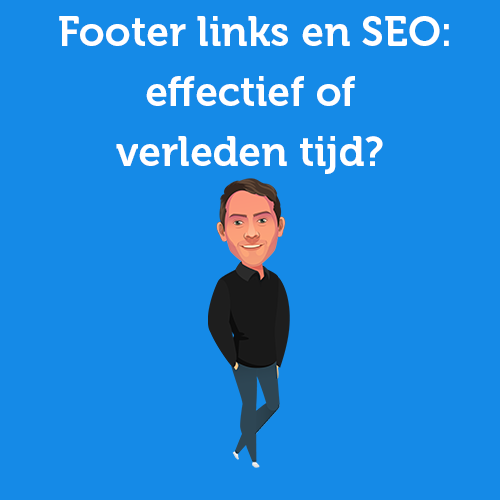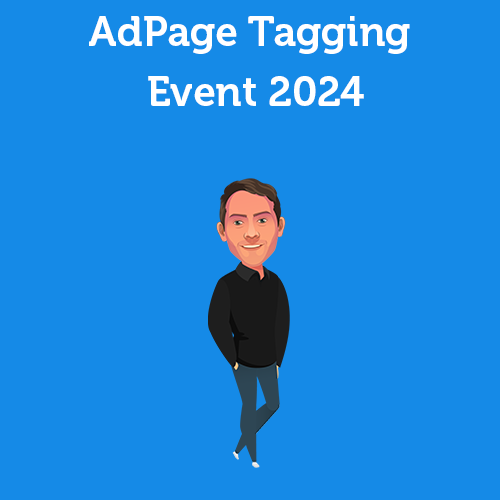Menu
Table of contents
In other words, link building is a part of search engine optimization that allows you to achieve higher rankings.
Over the past few months, I have often been asked by clients: what is link building?
![What is link building? [All-encompassing article for the entrepreneur] 1 what is link building?](images/wat-is-linkbuilding.jpg)
I was also often told that they understand the technique and content part of SEO, but that link building is not really tangible.
That's why I wrote this article.
To tell you all the ins-and-outs about link building and to make them very concrete.
So that you know exactly what you can do, or so that you know exactly what I do for you :).
The following topics occur I this article (Clicking on the topic will automatically take you to the appropriate section within this article):
![What is link building? [All-encompassing article for the entrepreneur] 2 Backlinks are important](images/backlinks-zijn-belangrijk.jpg)
Why is link building good for your Google rankings?
I often explain link building as follows:
Suppose you are a plumber and you live in a village with a population of 1,000.
Of those other 999 residents, one plumber remains: Pete.
You have been competitors for years, but over 800 residents always refer to you when someone asks them if they know another good plumber.
And we actually do the same with link building.
But online.
When multiple (relevant!) websites link to your website, the authority and awareness of your website goes up and more trust is generated.
Let that be exactly three important Google factors that determine how well you rank in search results.
In theory, it is therefore true that if you have more backlinks (= links pointing to your website) than your competitor, you will be better found within Google.
In theory, yes.
Because how well you rank in Google depends not only on your backlinks, but also on an awful lot of other factors.
![What is link building? [All-encompassing article for the entrepreneur] 3 MOZ SEO factors](images/moz-seo-factoren.jpg)
Source: MOZ
But it can also be the case that link building is bad for your Google ranking.
For example, when too many links are created in a short period of time, or when the links are totally irrelevant.
Google is poking through that faster and faster.
Those immediately see that the link did not come about naturally.
After all, why would a website about Fortnite strategies link to a plumber, other than to affect Google rankings?
Right.
Relevance, in other words.
![What is link building? [All-encompassing article for the entrepreneur] 4 Link relevance gif](images/link-relevenatie-gif.gif)
What are the disadvantages of link building?
For you as a business owner, the results of link building by a specialized company probably cannot be matched.
It takes a lot of time, you don't have the right programs, you don't have the right contacts and you don't have the right knowledge.
So in my view, those are immediately the biggest drawbacks of link building.
By the way, there are really a number of ways in which you as an entrepreneur can use link building effectively.
I'll tell you more about that in a moment.
Back to the disadvantages of link building.
Unfortunately, many different online marketing agencies create bad links and mostly use their own link network (PBN, or Privat Blog Network).
The latter is not necessarily bad, but when the links are not distributed correctly it is detrimental to your ranking.
![What is link building? [All-encompassing article for the entrepreneur] 5 Visual explanation PBN](images/visuele-uitleg-pbn.png)
Source: Blackhatlinks
In recent months, I have spent a lot of time analyzing the link profile of online marketing agencies, their clients and their own link network.
What strikes me is that the level of link building is a lot lower than what is all told and blogged about on the Internet.
Then you also come directly to the next disadvantage of link building.
In fact, there are so many articles on link building that it is no longer clear to you as a business owner what is and what is not allowed.
Just a quick example: a common argument is that links on home pages no longer work.
So why is it that every party in a No. 1 position can be found on these home pages?
My opinion is: test it and see if it works!
Because to measure is to know.
![What is link building? [All-encompassing article for the entrepreneur] 6 to measure is to know](images/meten-is-weten.png)
The three different forms of Link Building (if they exist)
If you have delved into some articles on link building you will soon come across the following terms: white hat link building, grey hat link building and black hat link building.
White hat link building is performing link building that complies with Google's guidelines.
When you use this "method," you don't run the risk of comments and possible penalties from Google.
This form is also called the purest and most natural form of link building.
Grey hat link building is the gray, (currently) tolerated area between white hat link building and black hat link building.
These methods do not quite meet Google's guidelines, but are not currently penalized.
Black hat link building is the gathering of links through methods or techniques that do not comply with Google's guidelines.
Examples include participating in link exchange programs, cloacking, hidden text or links or automatically collected content.
![What is link building? [All-encompassing article for the entrepreneur] 7 black hat vs. white hat link building](images/black-hat-vs.-white-hat-linkbuilding.jpg)
While 100% of all online marketing agencies active in link building engage in link exchanges for their clients, including Online Marketing Agency.
In fact, link exchanges have a proven effect.
Of course, how the link exchange is done does matter, but that's a whole other story.
And what exactly is that gray area?
Google says the following on its website:
"Don't try to boost your ranking in search results through all sorts of tricks. A good rule of thumb is that you should be able to explain without guilt what you did with respect to competing Web sites, even to a Google employee."
I could start making assumptions, but basically no one knows!
We only find out when Google updates its algorithm and major changes in search results occur.
How do you start link building? 6 tips!
Where do you start?
How do you begin?
What do you need.
Time to tell you, as an entrepreneur, all about it.
Tip 1
First, for example, you can ask the clients you have worked for to post a piece on their website about you.
For example, did you handle the remodeling of their premises?
Ask for an article with a link.
Did you provide a piece of software?
Ask for a blog/review that includes a link.
As long as you have done a good job, this is often not a problem.
Pro tip: you can also submit your own article or piece of text including a link.
Then all they have to do is approve (and post) it.
Tip 2
Find out if your company name has been used on the Internet without a link attached with theUnlinked Mentions Finder program.
With Unlinked Mentions Finder you can very simply find out if someone has written something about you on the Internet, but did not link to your website.
Then it's up to you to contact that party to ask if they can add a link.
Tip 3
Share the page you want to rank higher in Google on social media channels such as Facebook and LinkedIn.
These, too, are links to your website.
Tip 4
Add your website to websites such as Openingstijden.co.uk, detelefoongids.co.uk and other sites where you can leave details of your business and website.
Tip 5
Start looking in your current network!
For example, as a construction company, you can ask the plumber you always hire if they would like to tell something on their website about your collaboration.
Or maybe the neighbor has a blog that's about what you're involved in with your business....
Tip 6
Check out your competitors' link profile with the free program Seoreviewtools and look for links that you can also create/request.
![What is link building? [All-encompassing article for the entrepreneur] 8 SEOreviewtools screenshot](images/schermafbeelding-2018-11-08-om-11.32.38-1024x444.png)
If you want more link building tips, read my blog 8 tips for a rock-solid link profile!
Domain authority and URL authority?
If you've read several articles about link building, these are two terms you've probably seen pass by.
Domain authority (DR) and URL authority (UR) are figures from the various link building tools that indicate how strong or weak the authority of a website or specific page is.
In other words, if two Web sites are virtually identical, you would prefer to receive a link from the Web site that has higher domain or URL authority.
What is very important to remember here is that these numbers are not from Google and do not directly say anything about how well the organization ranks.
But they often come pretty close.
The term domain authority is about the domain.
So for example: https://onlinemarketingagency.com
And URL authority is about a specific page.
So https://onlinemarketingagency.com/online-marketing-bureau-arnhem.
![What is link building? [All-encompassing article for the entrepreneur] 9 Domain authority and URL authority](images/schermafbeelding-2018-11-08-om-11.33.52.png)
Each link building tool has its own way of determining authority.
For example, I can have my website have a domain authority of 33 according to Ahrefs and 25 according to Moz.
So the numbers are a guideline and can be used especially well when you compare them with your direct competitors.
So when your competitor has an authority many times higher, there is work to be done.
3 best link building programs
In my opinion, Ahrefs is by far the best program in the field of link building.
Only, this backlink tool is very pricey.
Because my opinion is that a 'Lite' account is not enough, so that's why you easily pay $179 per month.
Ahrefs has a huge database, is very accurate and works terribly nicely.
And has many other useful functionalities besides analyzing backlinks.
Majestic
Majestic is also among the top link-building tools.
The program is somewhat cheaper than Ahrefs and also very powerful.
I have worked with Majestic in the past, but my preference is still Ahrefs.
I find Ahrefs works a bit nicer and gives clearer, better insights.
Seo Review Tools
Seo Review Tools is the program for entrepreneurs who want to get started with link building on their own.
The Valuable Backlinks Checker lets you analyze your competitors' link profiles for free.
And I have to be honest: the this backlink tool is pretty accurate.
SEO Review Tools is less complicated than Ahrefs or Majestic, but then it contains fewer features.
Just because the tool works so well in the basics, I think you should definitely give Seo Review Tools a chance.
Since I am really a "tools guy," I have actually used all the major link building programs at one time or another.
In addition to Ahrefs, Majestic and Seo Review Tools, I also used the following programs:
My advice is that if you want to actively engage in link building yourself, you must have tried and tested the above tools once!
![What is link building? [All-encompassing article for the entrepreneur] 10 marketing tools](images/marketing-programmas.png)
Outsource link building or do it yourself?
To answer the question right away, my advice is that you outsource link building combined with doing link building yourself.
As I mentioned earlier, in certain cases it is easy for you, the entrepreneur, to gather links.
These are often more natural links than those created for you by an online marketing agency.
But you often can't compete with the volume and quality of links from an online marketing agency.
In addition, it is always good to be involved in the link-building process.
![What is link building? [All-encompassing article for the entrepreneur] 11 Outsource link building](images/linkbuilding-uitbesteden.jpg)
After all, you always want to know where the links that the online marketing agency places will end up, and the online marketing agency wants to know what links you are accumulating.
My vision: the future of link building
I like to tell others how I think about SEO.
And so too about link building.
Personally, I think with link building we are not as far along as we all think and it seems that Google is not as strict as we think.
After all, home pages still work very well, online marketing agencies mostly still work with their own link networks, and few link profiles are truly natural.
Nevermind that those may not be future-proof practices, because what I also think is that Google is going to be much stricter in the future and ignore a lot of websites.
So think about those home pages or other pages that are all about link building.
I also think that the content that is on the website where the link comes from is going to become even more important.
After all, it is incredibly easy to buy a URL with high domain authority and then flip all the content to fit your street.
For that reason, I also think Google is going to lean more on trust and thus on the age of your domain, your history, penalties received, etc.
Link building is still the most important part of search engine optimization, but I think this share is going to get smaller and smaller over the years.











Written by: Daniel Kuipers
Daniel is the founder of Online Marketing Agency. He constantly scours the Internet for the latest gadgets and tactics and blogs about them in understandable language. Well, sometimes.